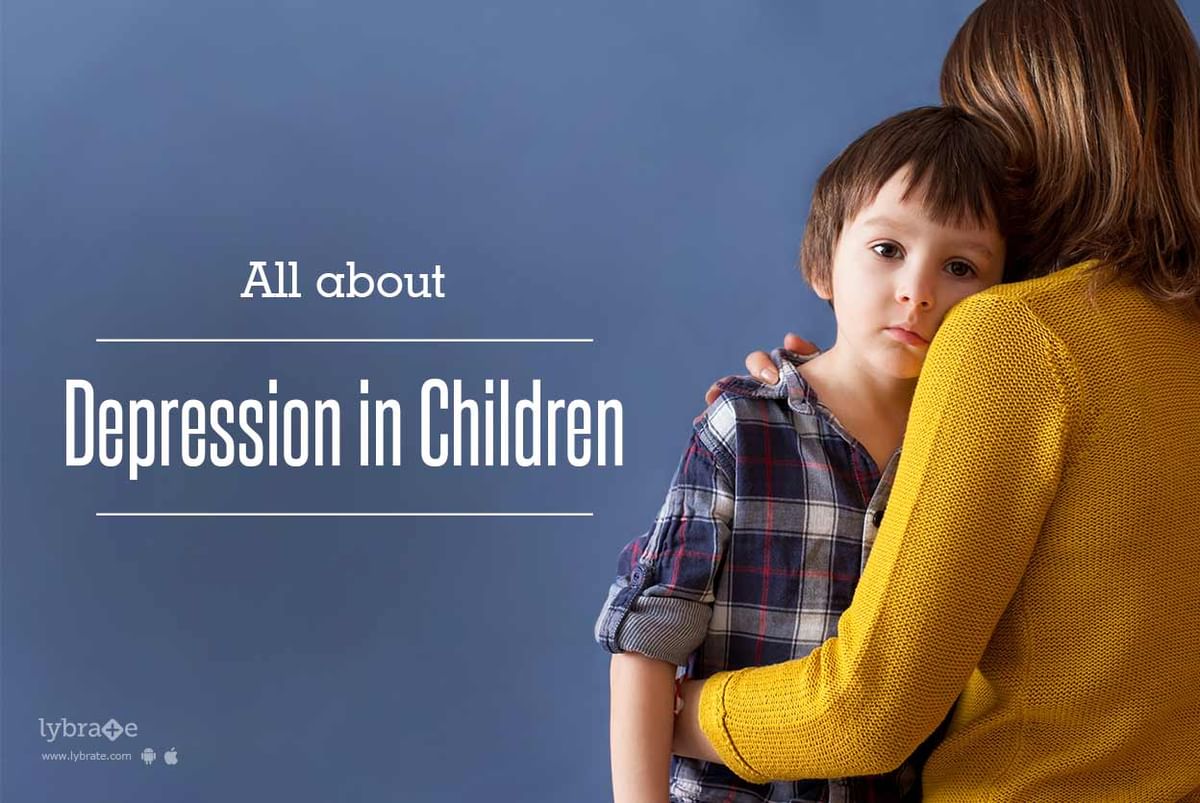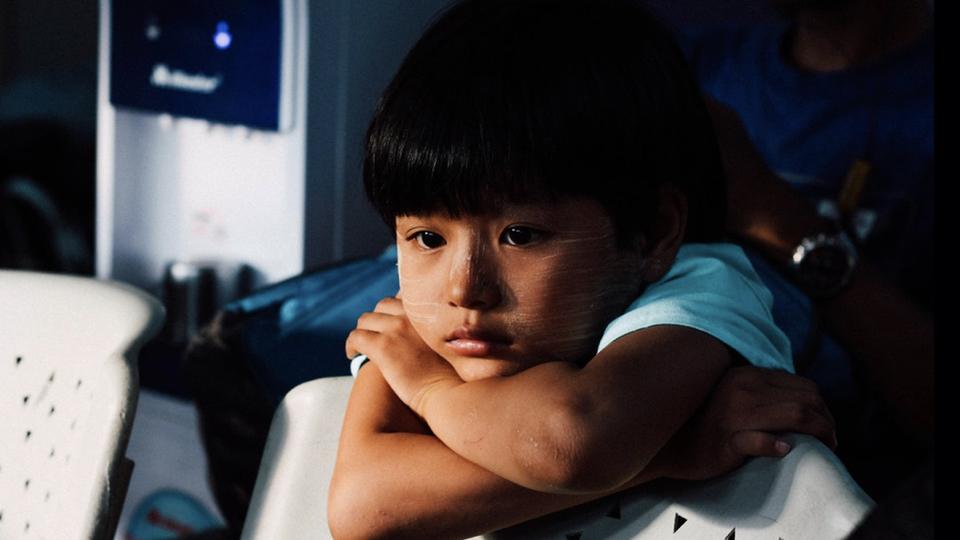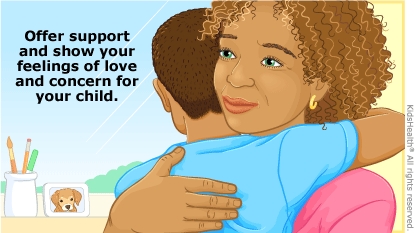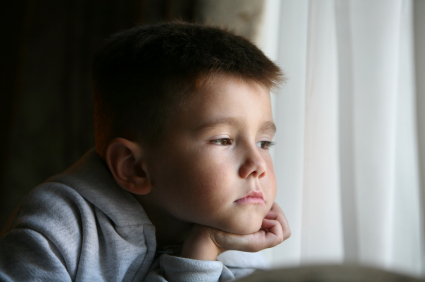Inspirating Tips About How To Deal With Childhood Depression

It may be helpful for you to talk to other people who know your child,.
How to deal with childhood depression. 2) find the “perfect confidant”. Here are some healthy behaviors that may help: How to deal with children’s emotional problems:
It is also important to connect with others and to find activities that you enjoy. Having a healthy eating plan centered on fruits, vegetables, whole grains, legumes (for example, beans, peas, and. Just because your child is unwilling to confide in you does not mean they will not be willing to confide in someone else.
Missing work:it could be you start calling in sick or make excuses for needing a personal day. Here are some signs that you may be working while depressed: For children suffering from childhood depression, an approach called “behavioral activation” offers promising hope of an effective treatment for this serious disorder.
Start by checking with your family doctor to find out if there could be a physical cause for your child's. For example, cognitive behavioral therapy (cbt) and interpersonal psychotherapy (ipt) are forms of individual therapy shown to be effective in treating depression. Anxiety and depression have increased over time 2 “ever having been diagnosed with.
If this is the case,. Encourage them to talk to someone else they trust, such as another family member, a friend or someone at school. Treatment options for children with depression are like those for adults.
You deserve to be happy. Children, teens and adults can all be helped to overcome depression. It is normal for children to experience moments of sadness and discouragement.
These things can help to make living with depression a little bit easier. Recognize that clinical depression is a disease. Recognizing and dealing with childhood depression.
How to deal with depression tip #1 fish oil supplements. Internalizing this fact will help your child in two ways. With about one in five children and adolescents suffering from depression, parents need to be better informed so that they can understand their child's behavior and take appropriate action.
Your child’s healthcare provider may recommend: However, sometimes children will experience. Make a positive change this year.


/childhood-depression-1066805-e4d630dd8c5e47c2ac1d40cd5cb20c24.png)

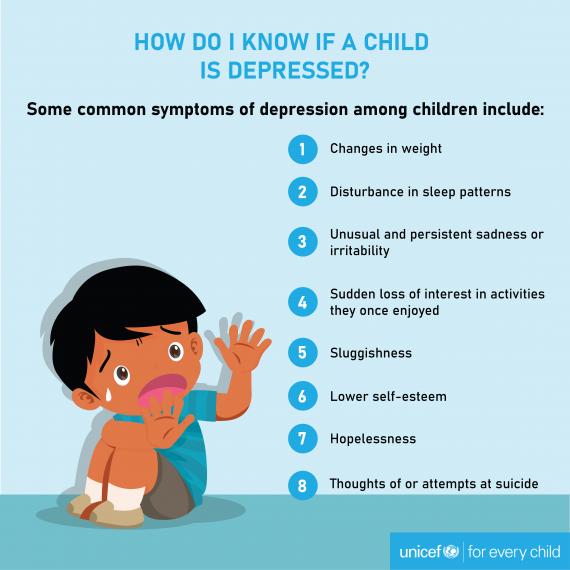
:max_bytes(150000):strip_icc()/common-types-of-depression-1067313_V3-c0654a8dc19049a086684d391318514f.png)
/GettyImages-164413895-56a258cb5f9b58b7d0c9336c.jpg)
